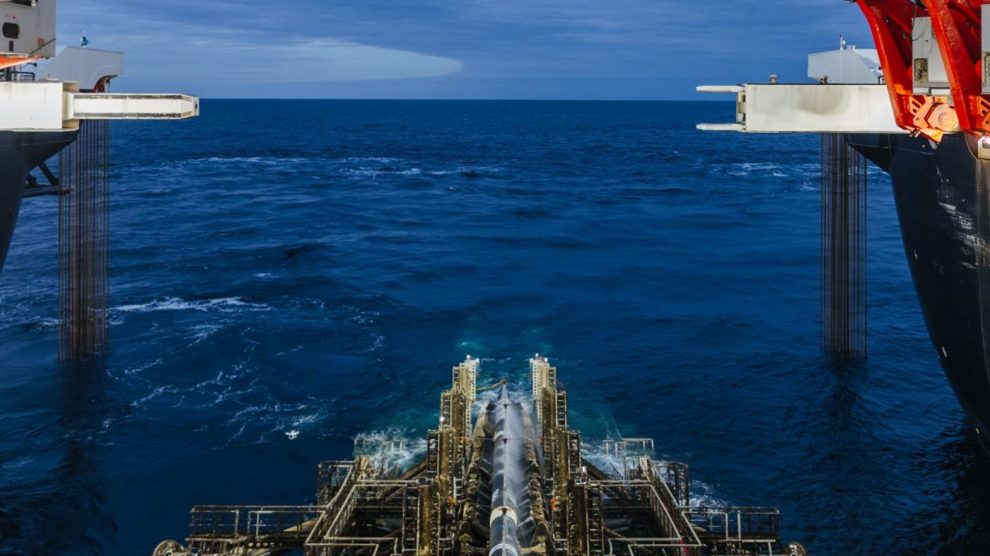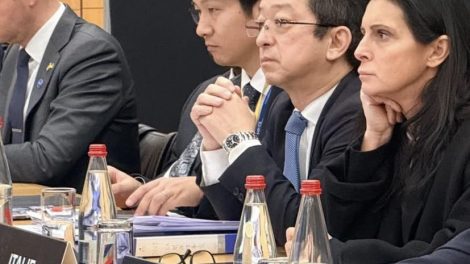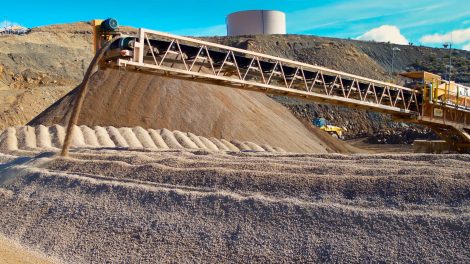Pushing for EastMed. Recently, two resolutions were filed in the House Foreign Affairs Committee in support of the pipeline – over 1,900 kilometres long, slated to transport methane from the eastern Mediterranean basin to Europe via Southern Italy through the so-called Poseidon branch.
- Italy’s Edison and Greece’s Depa are 50-50 partners in the IGI-Poseidon consortium, overseeing infrastructure work in Cyprus, Greece and Israel. Companies that will operate the pipeline include Eni.
Who supports it? One resolution was signed by the League’s Paolo Formentini, vice-chairman of the Foreign Affairs Committee. The other was signed by Brothers of Italy’s Riccardo Zucconi, who presented it to the Productive Activities Committee, while Giangiacomo Calovini did the same in the Foreign Affairs Committee, where he leads his party’s group.
- Both MPs hail from the governing coalition, indicating Giorgia Meloni’s government might be more inclined to consider supporting EastMed than her predecessors.
Energy security… The first resolution, if approved, would commit the government “to activate the appropriate interlocutions with the countries of the EastMed project to try to relaunch it, associating Italy with it,” so as to increase the nation’s security of supply.
- The second resolution is broader, as it would commit the government “to open all the necessary national and international working tables” to partake in, and promote the development of, the Eastmed-Poseidon pipeline,” including through international agreements.
- Given the advanced stage of preliminary talks, it urges the government’s swift signature.
- It also calls to diversify methane supplies through diplomatic contacts, economic diplomacy initiatives and further international infrastructure planning with partners in the Mediterranean area; and to double gas supplies through the Trans-Adriatic Pipeline.
… and international diplomacy. The League’s text pushes the government “to pay the greatest possible attention to the integrative processes taking place in the Eastern Mediterranean, a crucial region for the purposes of national energy supplies and global political-strategic balances.”
- The EastMed format, it reads, may join the network of relations built around the Abraham Agreements and the reconciliation process between Arabs and Israelis, “building a bridge between Italy and the Arab countries of the Persian Gulf.”
What to expect: the two parties might find a synthesis, perhaps even with the support of the third major coalition partner – Forza Italia – before the resolution is adopted by the Committee early next year.
Potential problems. As Leonardo Bellodi (adjunct professor at Luiss Business School, former consultant for the Libyan Investment Authority and director of institutional relations at Eni) recently told our sister site, potential roadblocks include Turkey’s claims over some drilling areas off Cyprus and its agreement with Libya, which “cuts vertically into the Mediterranean, in flagrant violation of international law.”





